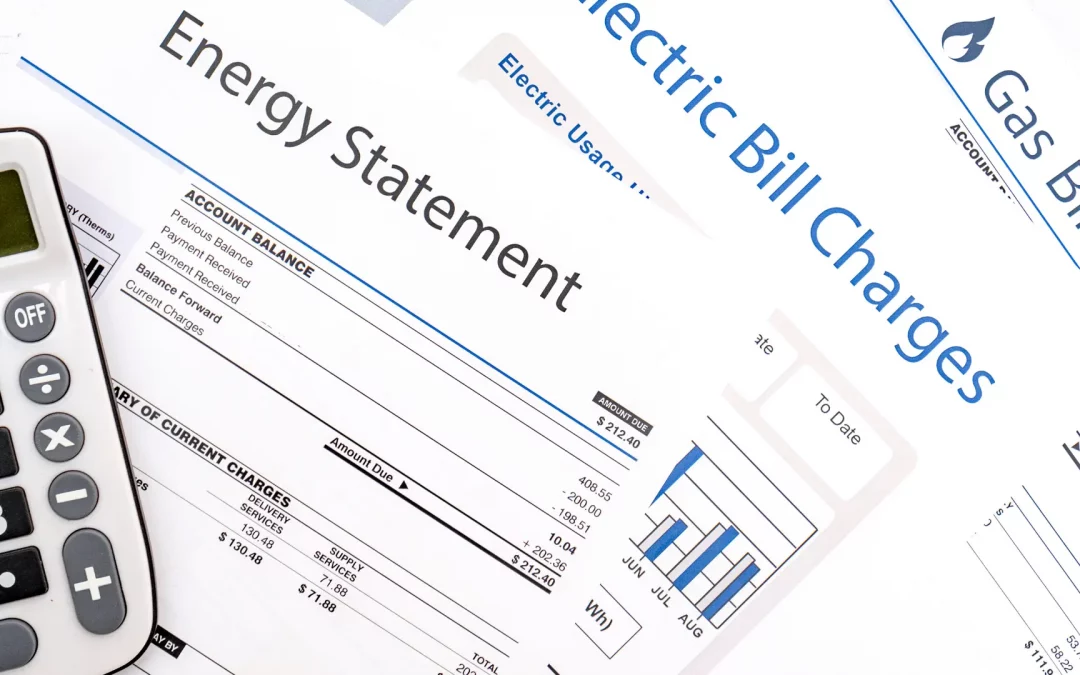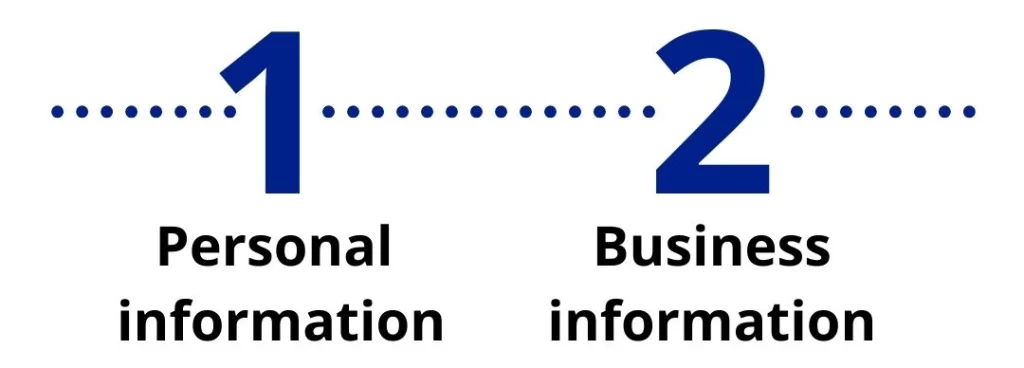When looking for the right energy plan for your business, it is important to know what options you have. Electricity and natural gas suppliers are going to offer you variable and fixed rates. Understanding how these plans work will help you choose which is best for you.
Navigating Fixed-Rate vs. Variable-Rate Electricity and Gas Plans
As you embark on your journey to find the perfect energy solution for your home or business, you’ll inevitably stumble upon two predominant types of electricity plans: fixed-rate and variable energy plans. In the ever-evolving realm of energy, understanding these terms is paramount. Let’s dive in to uncover the intricacies of both fixed rate and variable rate energy offerings.
A Look Into Fixed-Rate Energy Plans
At its core, a fixed-rate energy plan provides consumers with a steadfast rate for their energy consumption, irrespective of the unpredictable ebbs and flows of the energy market. This translates to a consistent price per kilowatt-hour (kWh) that remains intact throughout your contract’s tenure. For many, especially those prioritizing predictability in their energy bills, this model emerges as a clear frontrunner.
- Stability: Fixed-rate energy ensures that your rate stands unwavering, even when the energy market faces external challenges or unprecedented changes.
- Budget-friendly: The predictability of a fixed rate empowers you to plan your finances with confidence, forecasting your energy expenses.
However, a word of caution: While the rate remains fixed, your monthly electricity bills will fluctuate based on total consumption for the month. Summer months take more electricity to cool than spring or fall. Moreover, your final electricity bills might be influenced by additional charges put forth by your energy supplier, which could include various fees or other related costs.
Eager to know how fixed rate energy bills compare in your state? Click here to discover the best fixed rate energy bills in your region.
The Variable Energy Plan Explained
Unlike its fixed counterpart, a variable energy plan rides the wave of the energy market. This means that your rate may either rise or fall, based on current market dynamics. The flexibility can be advantageous for some, but it’s also accompanied by the potential for prices to increase unexpectedly.
The Age-Old Debate: Fixed Rate vs Variable Rate Gas and Electricity
The choice between fixed vs variable gas rates and electricity plans hinges largely on individual preferences and financial priorities.
Which is Better, fixed or variable energy rate?: If the thought of unforeseen spikes in energy prices unsettles you, fixed rate plans may be your sanctuary. But if you’re someone who’s open to risks, hoping to capitalize on potential market lows, variable rate plans might be the way to go.
Should I choose variable or fixed rate energy?: To decide what is best – fixed rate or variable energy, consider your consumption patterns, potential savings, and risk tolerance.
Pros and Cons: Fixed Rate vs Variable Rate
The benefits of choosing a fixed-rate plan
- Having a fixed rate contract guarantees that your per-kilowatt-hour rate will not go up for any reason for the duration of the agreement protecting you from spikes in energy costs.
- It allows you to be much more specific when budgeting your energy costs. You can look at your past usage to determine roughly how much you will use in the upcoming months and apply that to your fixed rate to determine roughly how much your bill will be.
- You can usually get a lower price with a fixed rate contract.
The disadvantages of a fixed rate plan
- Market prices could drop below your fixed rate. However, it would have to remain lower for an extended period of time for market prices to be cheaper.
- Possible early-cancellation fees if you decided to end or change your plan.
The benefits of a variable-rate energy plan
- In a market where energy prices are falling, a variable rate could end up saving you the most money. You’ll be able to take advantage of the declining market rather than being stuck in a contract at a higher price. Variable rates work best for customers who actively keep up with the energy market and are always on the lookout for the best price. However, in our 22+ years of experience keeping track of the market and entering a fixed rate contract when prices bottom out is the best way to save money in the long term
- There aren’t any cancellation fees, early termination fees, or exit fees.
The disadvantages of a variable-rate plan
- Your rate is constantly changing and will increase as market electricity and natural gas prices go up.
- Since your rate is always changing it makes it hard to accurately budget your energy costs for upcoming months.
- Unexpected spikes may increase your bill significantly.
Choosing the best option for your business’s specific needs
Ultimately there is no one-size-fits-all solution to always get the lowest price, so the answer will vary from customer to customer, whether you choose a variable or fixed rate energy plan. But with proper research and 22+ years in business we find customers tend to do best in the long run with a fixed rate.
Most of the time the question is how long should the contract be (1-5 years). We have many customers on longer term contracts who are saving tens of thousands of dollars or more over the duration of the contract. We also have some customers on short contracts (1-2 years) as we expect to be able to get them better pricing in the near future.
If you are a very large business, manufacturer, operate in off-peak hours, etc. you may qualify for custom pricing and neither of the above options would be right for you. If you think you may qualify, contact us for a free quote.



